06.02.2025
Sustainable Textiles – The Way Forward
Cellulose Fibres Conference 2025 – New with Biosynthetics
12-13 March 2025 – hybrid event (on site and online), Cologne (Germany)
++ 1:1 Matchmaking ++ Six nominees of the innovation award announced ++ Program ++ 110 participants from 18 countries registered ++
Sustainable Textiles – The Way Forward
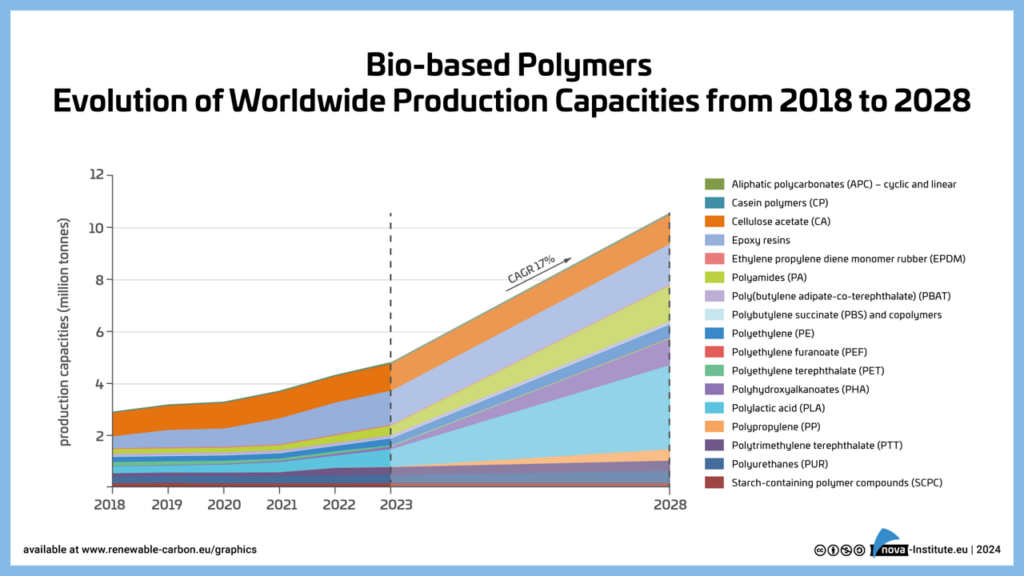
Excited for the Cellulose Fibres Conference 2025?
Here’s what it’s all about! The conference will dive into the latest developments in sustainable textiles, focusing on innovative solutions for reducing the environmental impact of the global fibre market. From cellulose fibres to biosynthetics and circular economy practices, here’s a glimpse into the topics shaping the future of textiles.
Sustainable Textiles – The Way Forward
The global textile industry has grown by 460% between 1960 and 2020, with synthetic fibres now dominating at 68% of production, driven by their versatility and affordability. However, this growth has led to significant sustainability challenges, including a high carbon footprint, low recycling rates, and the issue of microplastics. Increasing the share of renewable fibres – sourced from biomass, CO2, and recycling – is crucial to reducing dependence on fossil carbon and addressing climate change.
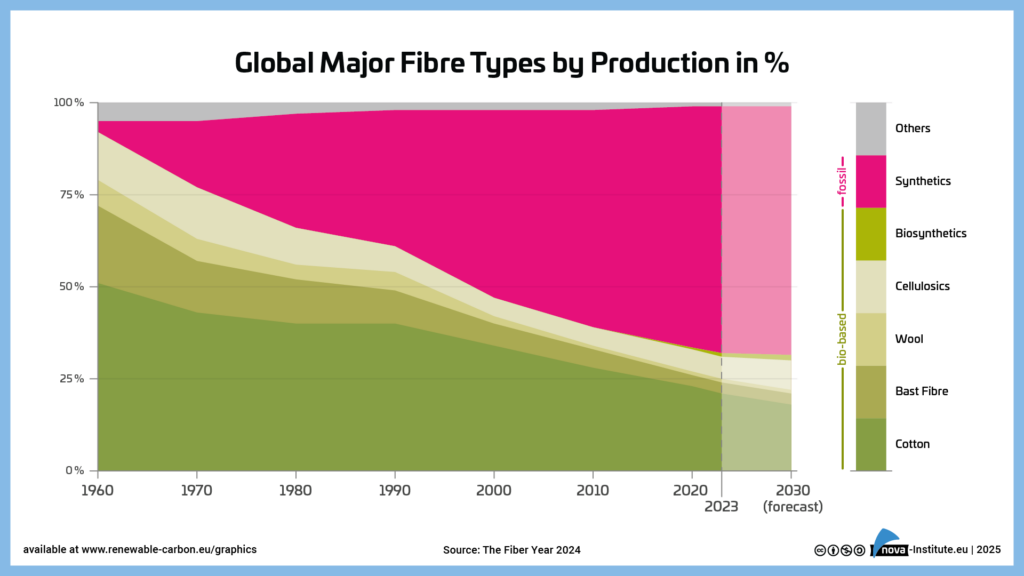

Circular Economy – Recycling of Textile Waste and Fibre-to-Fibre Recycling
With only 8.9% of fibres being recycled and less than 1% from pre- and post-consumer textiles, the industry must scale fibre-to-fibre recycling to close the waste loop. While Europe is making progress in recycling technologies and regulations, challenges remain, such as the lack of collection systems and difficulties in processing mixed fibres. Achieving a circular economy will require significant investment in infrastructure and research.
The Future of Sustainable Textiles
The sustainable textile industry will rely on a combination of cotton, fast-growing cellulose fibres, biosynthetics, and high recycling rates to replace fossil-based synthetic fibres by 2050. These developments will drive the shift toward a more environmentally friendly and circular textile industry.
Maximise Your Networking Potential – Join Our 1:1 Matchmaking System!
 |
We are excited to invite you to take part in the 1:1 Matchmaking system, designed to help you connect with the right people and make the most of your conference experience. Through this platform, you will have the opportunity to:
As a participant you are cordially invited to arrange 1:1 on site meetings in the Maternushaus. Don’t miss this opportunity to make meaningful connections! |
Cellulose Fibre Innovation of the Year 2025: Six Innovations are Nominated
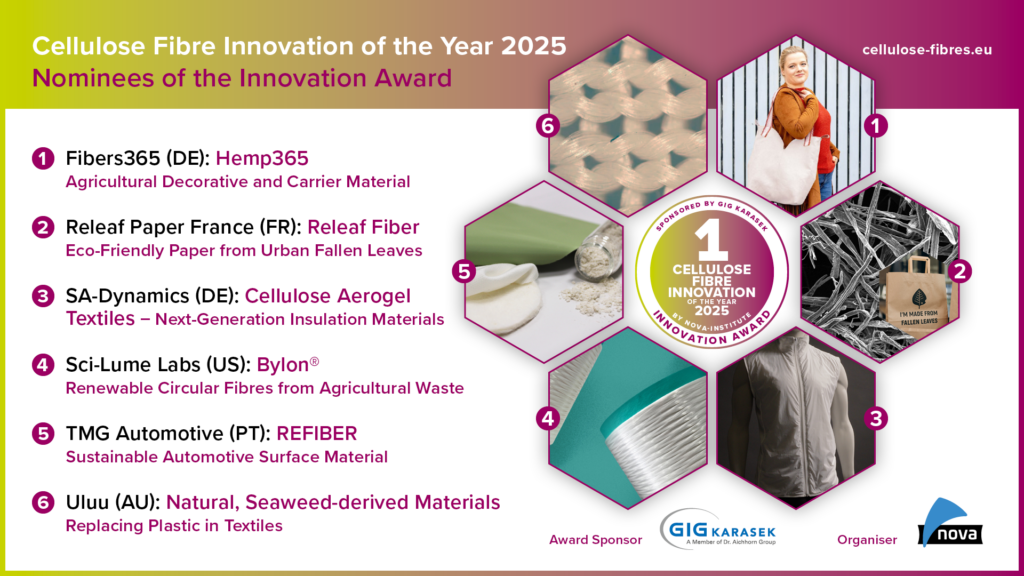
Sponsors
Each year, the Cellulose Fibres Conference is supported by wonderful companies that through innovation actively foster the sustainable transition of the textile and fibre industry.
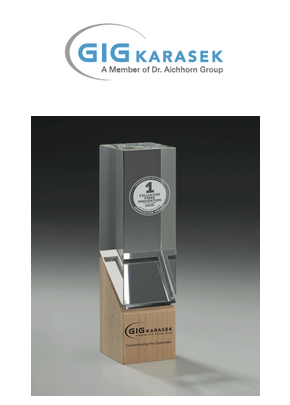 |
Meet the Innovation Award Sponsor: GIG Karasek |
Meet the new Gold Sponsor:
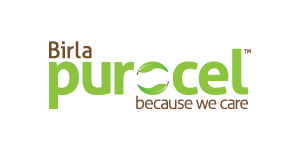 |
|
Meet the Silver Sponsors:
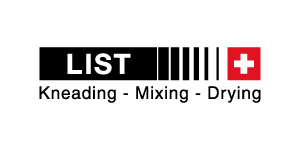 |
|
 |
|
Meet the Bronze Sponsor:
 |
DIENES |
|
Sponsoring Opportunities
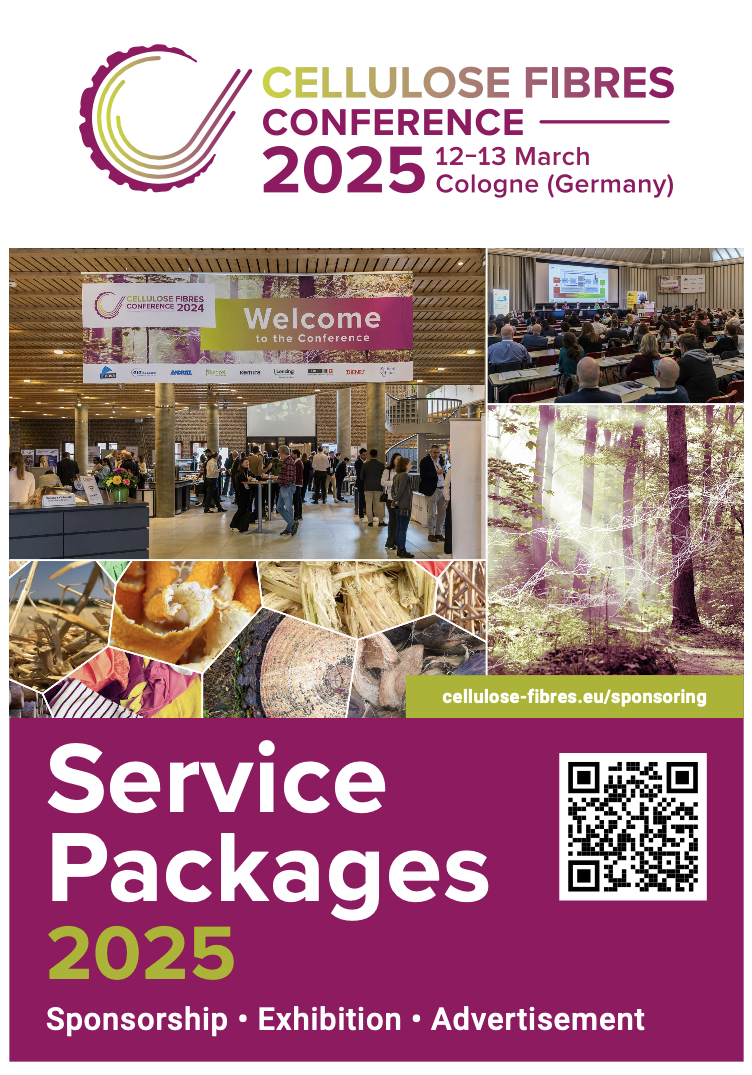 |
Become a sponsor of the conference!
Join us as a sponsor and find a range of sponsoring options which provide you with maximum visibility and impact at the conference. We are open to new ideas and would be delighted to implement them with you. Please contact us if our sponsoring options appeal to you or if you would like to put forward a proposal of your own! Key Account Management |
Exhibition Opportunities
Become an exhibitor of the conference!
Companies that would like to book an exhibition booth (6m2) can do so for the price of 3,000 EUR (excl. 19% VAT). Included in the booth fee is one conference ticket. The conference exhibition is located prominently within the conference hall so interaction with the participants is guaranteed. Further information here.
Conference Registration
 |
|
We look forward to meeting you at the conference!
Your nova conference team.
